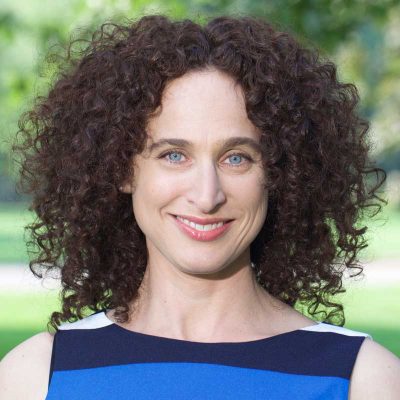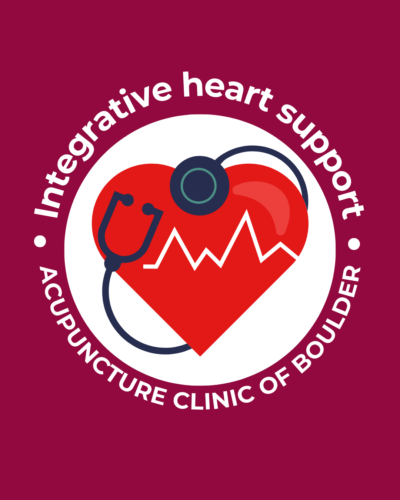
February is American Heart Month. The CDC states, “Heart disease is the leading cause of death for both men and women, but heart disease is preventable and controllable.” Take good care of your heart this New Year by getting regular acupuncture! Through controlled clinical trials, the National Institute of Health (NIH) has found acupuncture to have a positive and direct regulatory effect on the physiology of the heart. It has been proven effective for conditions such as high blood pressure (essential hypertension) and low blood pressure (primary hypotension). The NIH also acknowledges the therapeutic effects of acupuncture when treating cardiac neurosis, high cholesterol, obesity, coronary artery disease, and vascular dementia, and recommends acupuncture for the treatment of chronic pulmonary heart disease when conventional therapies have proven difficult. All of these physiological conditions can be effectively treated with regular acupuncture.
In a study called, “Acupuncture Improves Exercise Tolerance of Patients with Heart Failure: a Placebo Controlled Pilot Study,” published in the September 2010 issue of Heart, it was found that the measurable work capacity of the heart was unchanged, but patients receiving acupuncture could cover a greater walk distance in the time allowed than the placebo patients. They recovered more quickly and tended to feel subjectively less exhausted. Inflammation messengers in the blood are increased in chronic heart failure and make the muscles tired. The blood level of a certain messenger – tumor necrosis factor alpha (TNF alpha), actually drops after acupuncture treatments. Among other things, TNF alpha leads to a reduction of muscle mass and muscle strength. Since acupuncture reduces inflammation, it would explain the positive effect on skeletal muscle function.
In Traditional Chinese Medicine (TCM), every organ is assigned functions. The Heart is the Emperor (ruler) of all the organs. It houses both the mind and the Shen (spirit). The Heart is expressed through the emotion Joy, it governs the Blood, it controls the Blood Vessels, and manifests in the Complexion. When a person’s Heart is in balance, their eyes are bright, there complexion is warm and inviting, and their tissue is bathed in nutrient rich oxygen. Functions of the Heart run deeper than a muscle that pumps oxygen. From both the allopathic and TCM perspective, Heart disease is multifaceted.
You may have heard the phrase, “S/he died of a broken heart.” Studies show diet, exercise, stress, depression, and isolation (lack of a social community) all affect our physiology. It is common knowledge that our happiness affects our heart. Acupuncture has a regulatory effect which works on bringing the body to homeostasis – middle ground. In a review of several studies, the Canadian Journal of Psychiatry 2012, states, “Acupuncture is a potentially effective monotherapy for depression. . .” TCM provides sensible solutions through its modalities of acupuncture and herbal medicine to bring the body to vibrant health and harmony. We always work in conjunction with your doctors and your prescribed medications to manage and treat your condition. We also refer to our many community resources to recommend doctors, counselors, exercise physiologist, and dieticians, etc.
Through balancing both the physical and emotional aspects of the heart, acupuncture, Chinese herbs, and lifestyle suggestions, can help provide optimal wellness and long lasting happiness. Whether you are looking to lower your blood pressure or improve your relationships, acupuncture and Chinese herbal therapy can help bring you to balance.
David Moats, L.Ac., Dipl. O.M.
Appointments can be made through our front desk 303-665-5515 or via are on-line scheduling system.
For the month of February, enjoy 20% off all full priced initial and standard appointments booked with David Moats, L.Ac., Dipl. O.M.
Sources
Acupuncture for Depression
February is American Hearth Healthy Month
(NIH)
Chinese Medical Herbology and Pharmacology, John Chen and Tina Chen, 2001, Art of Medicine Press, Inc.
The Roseto Effect


